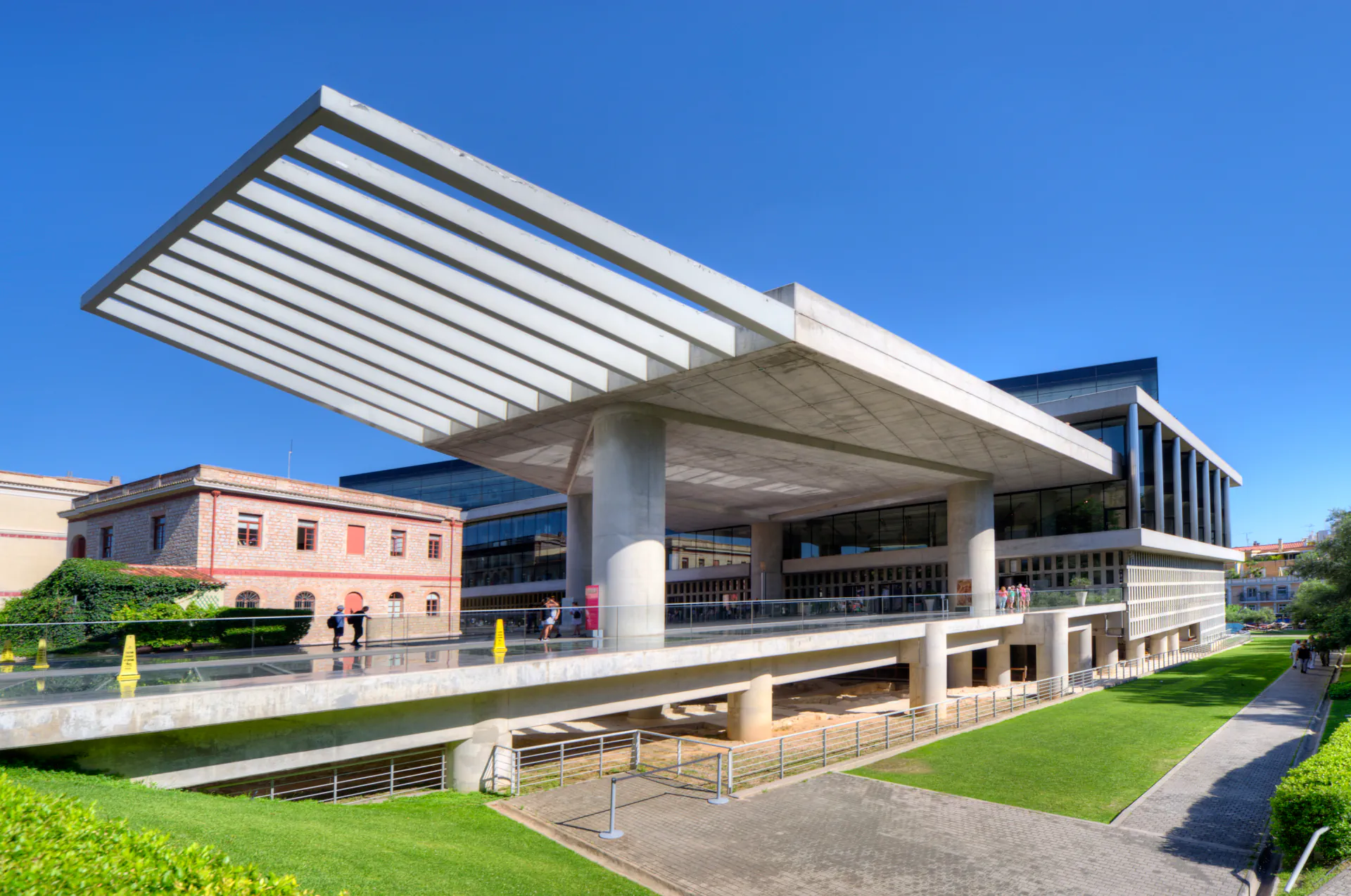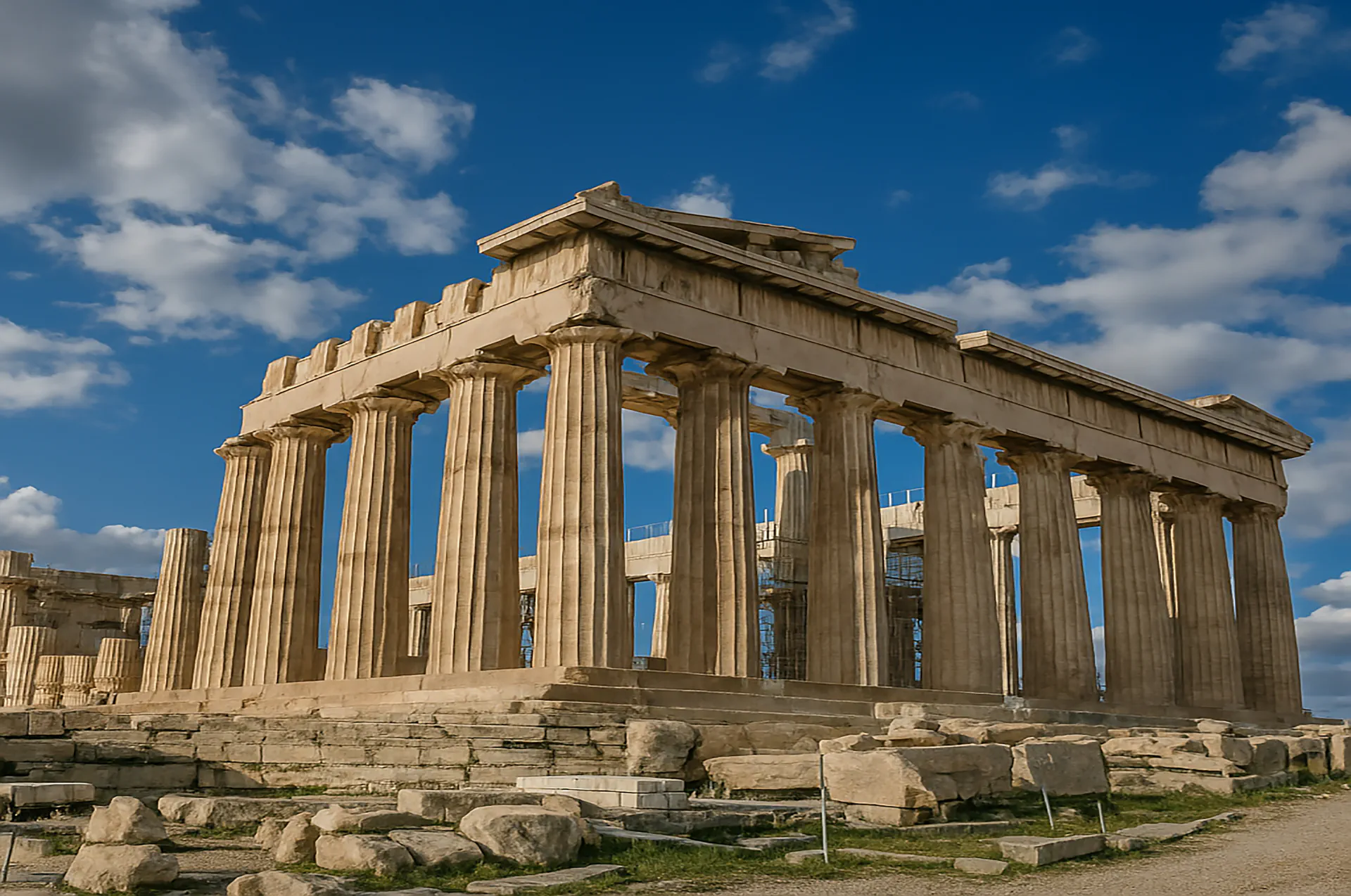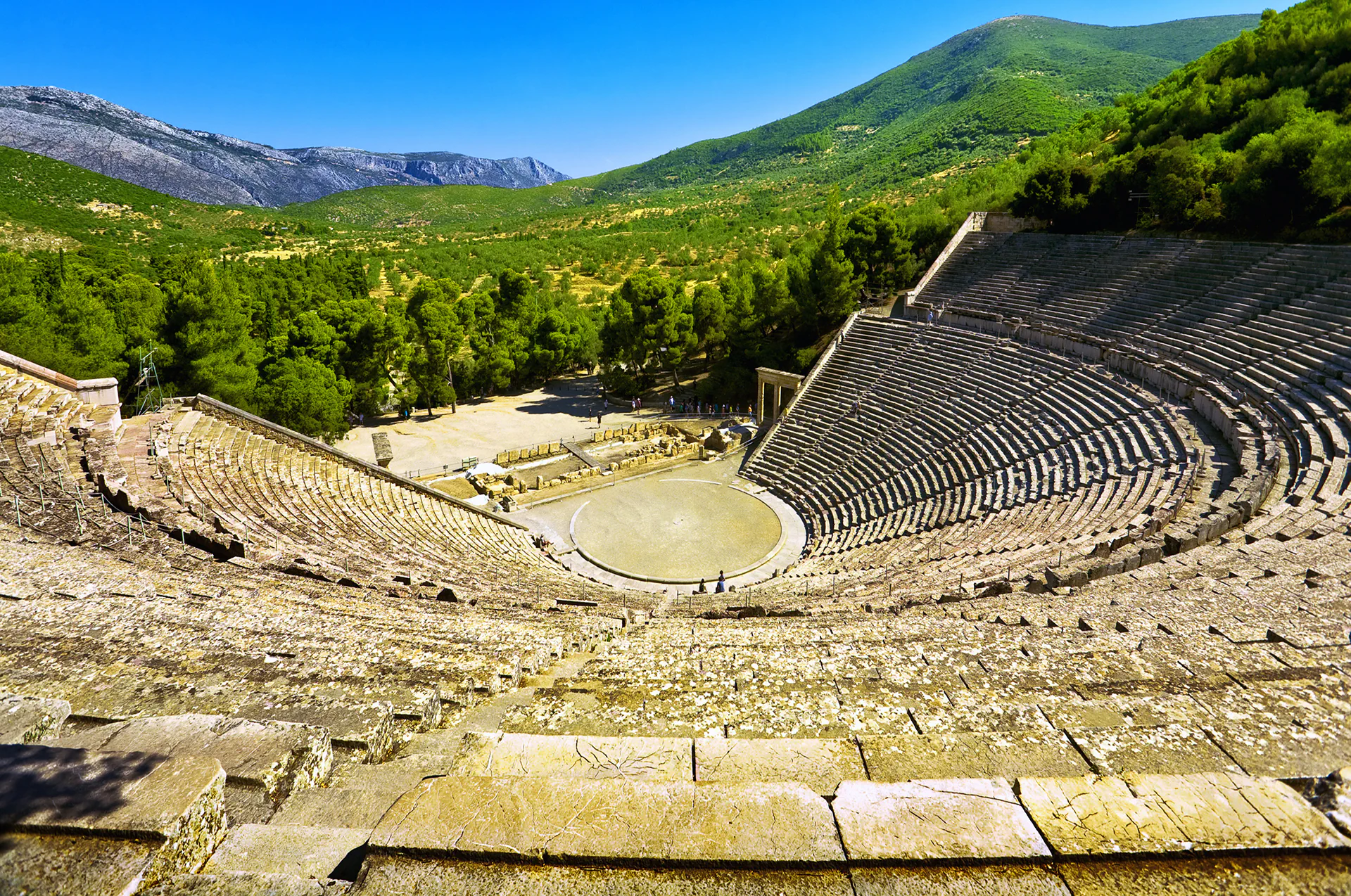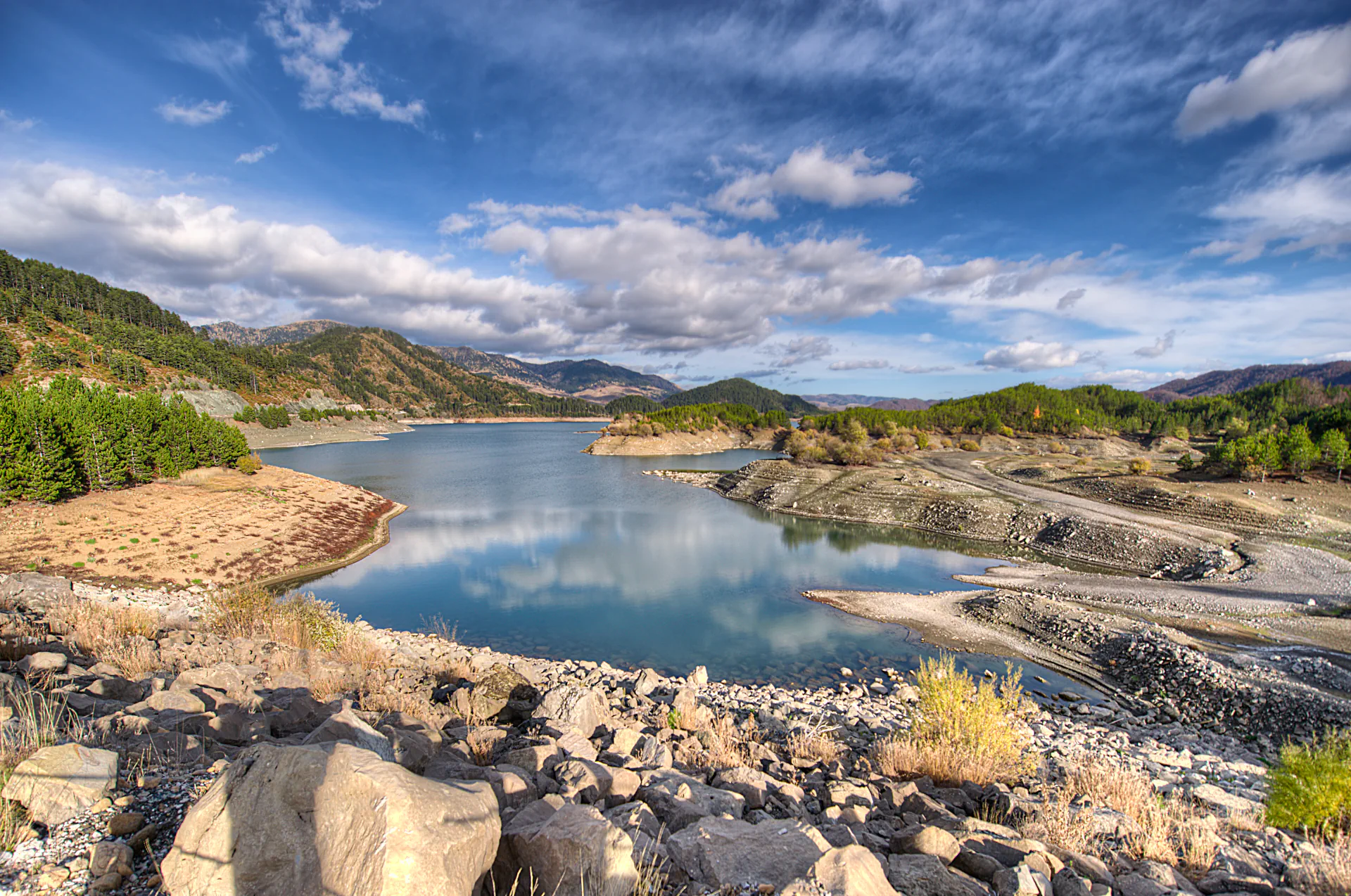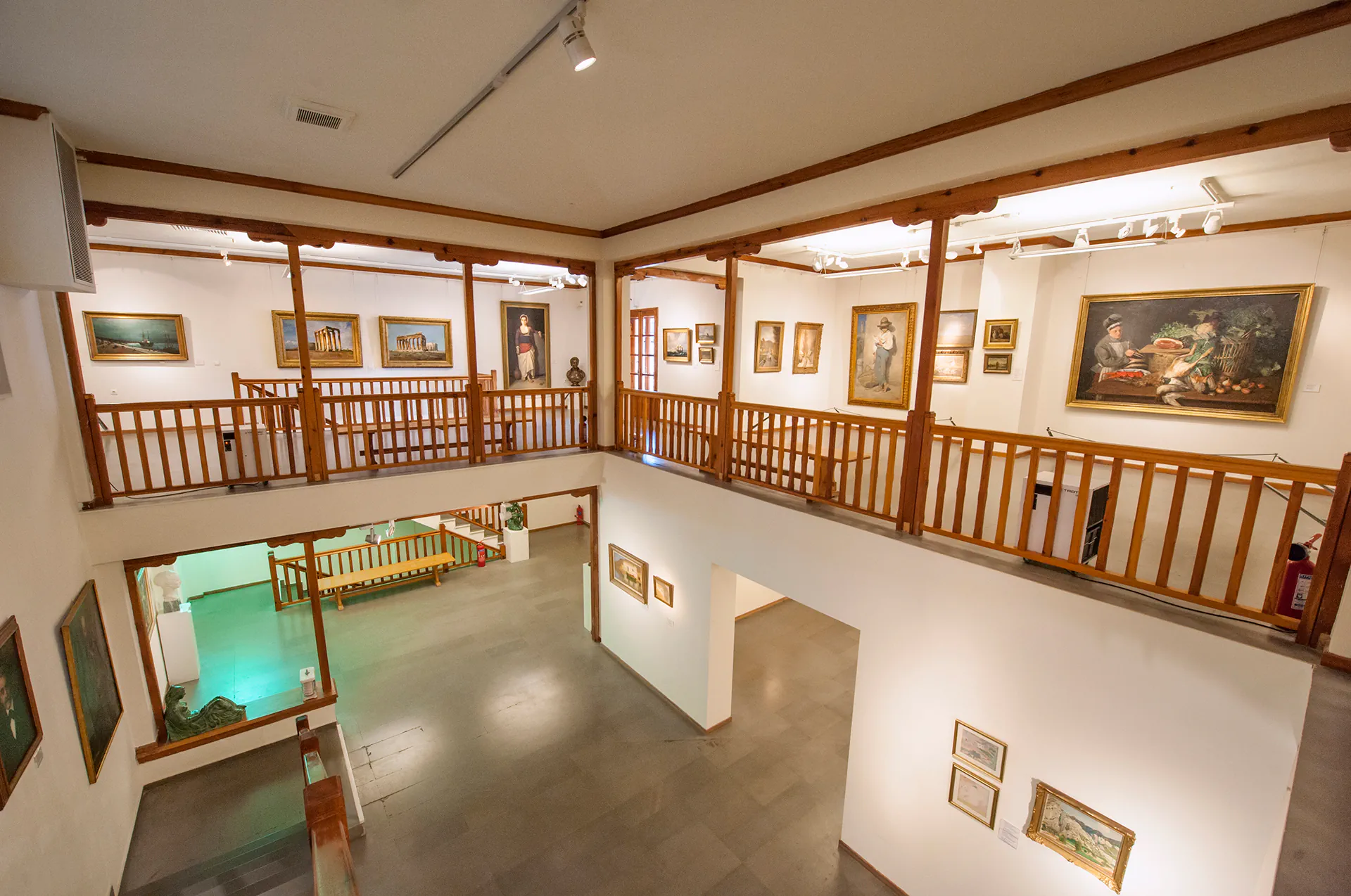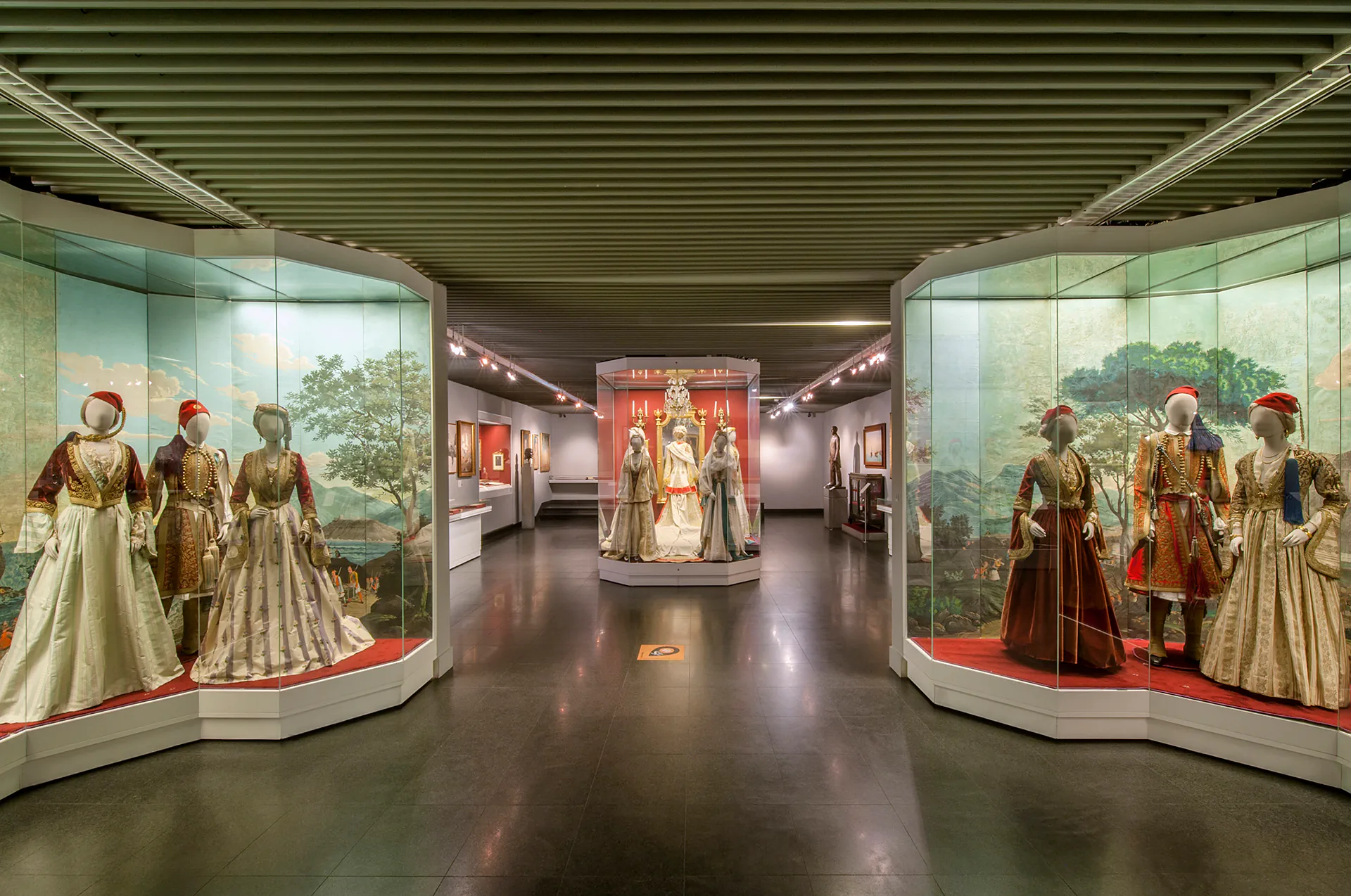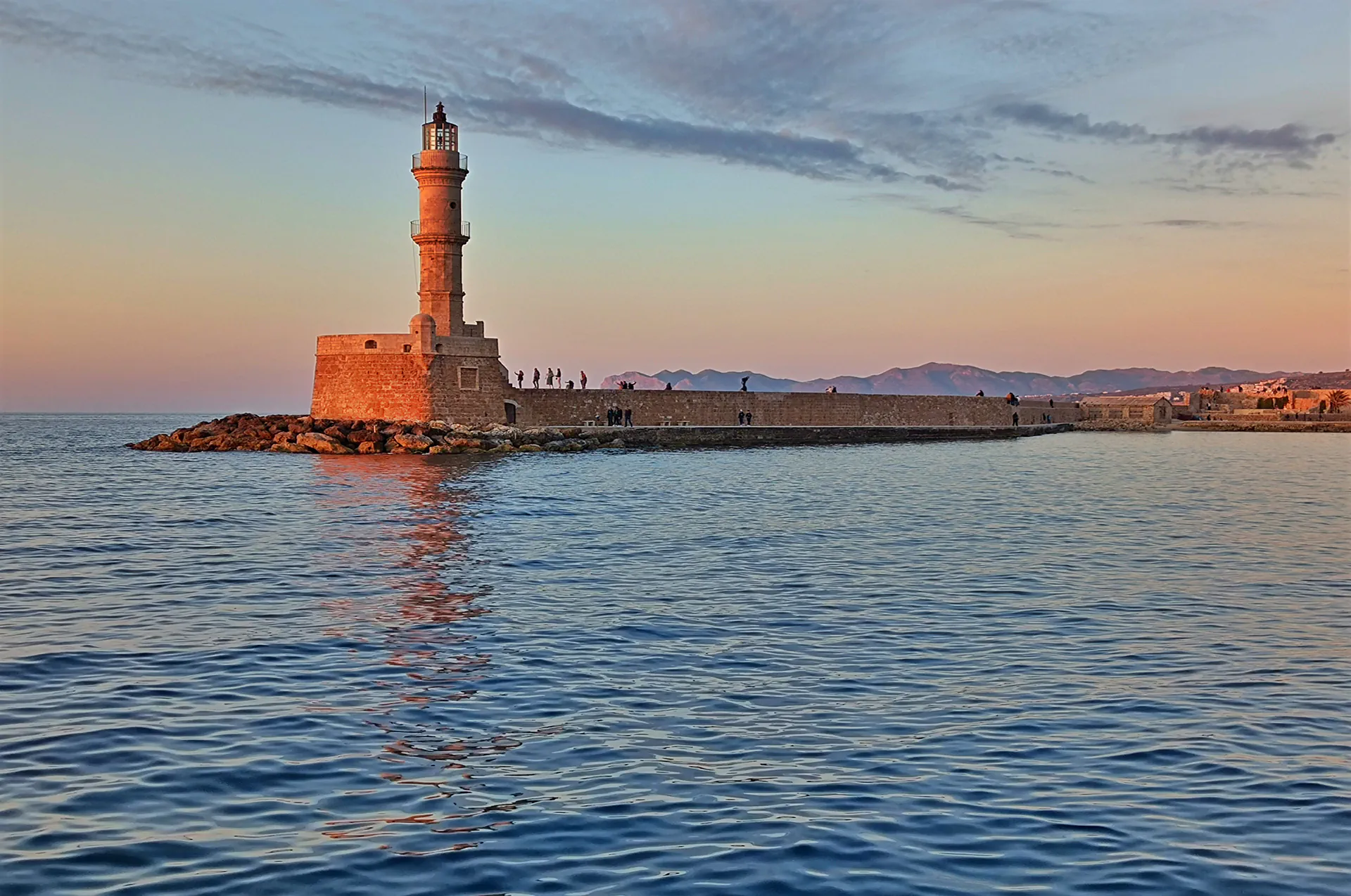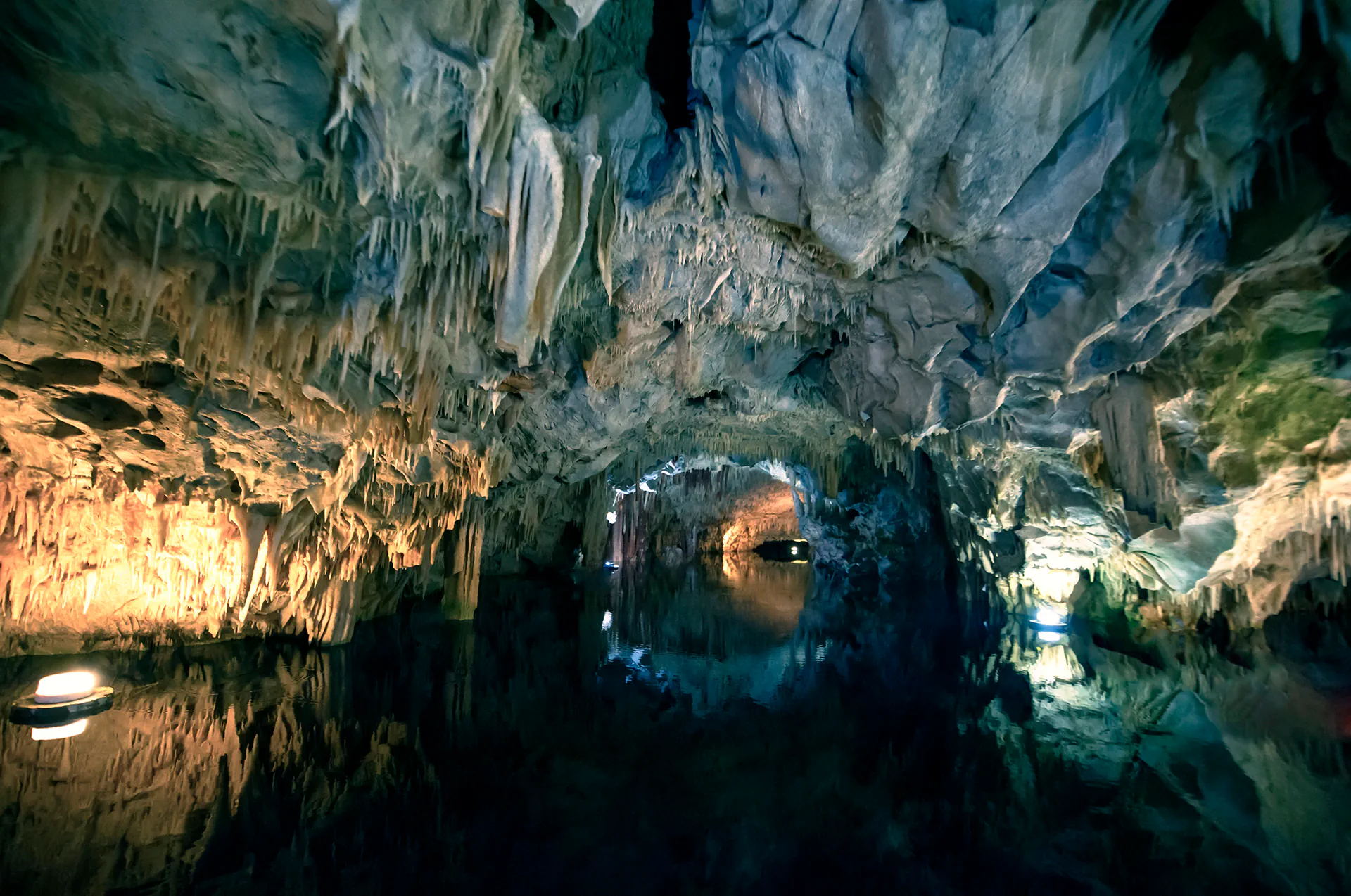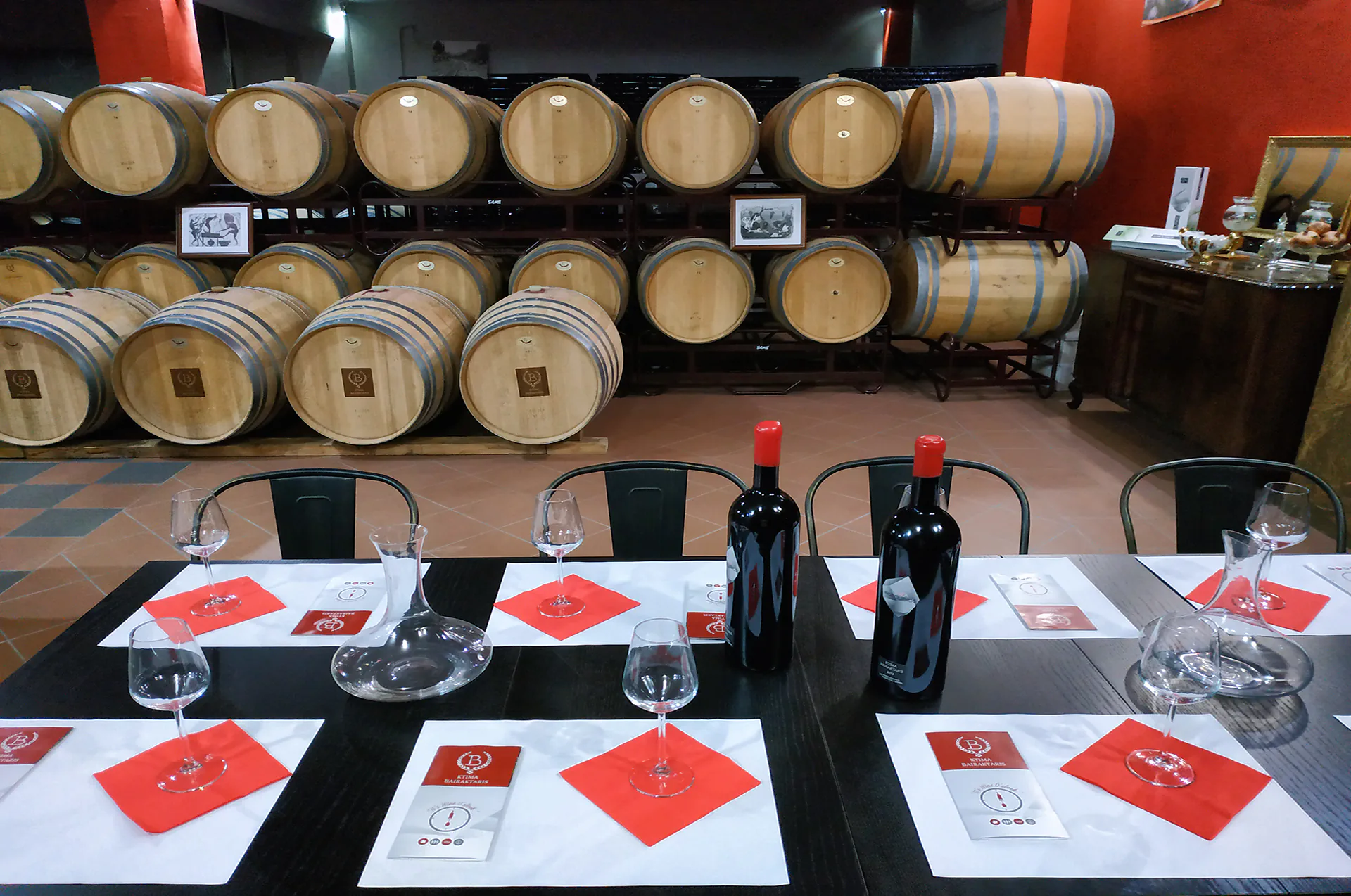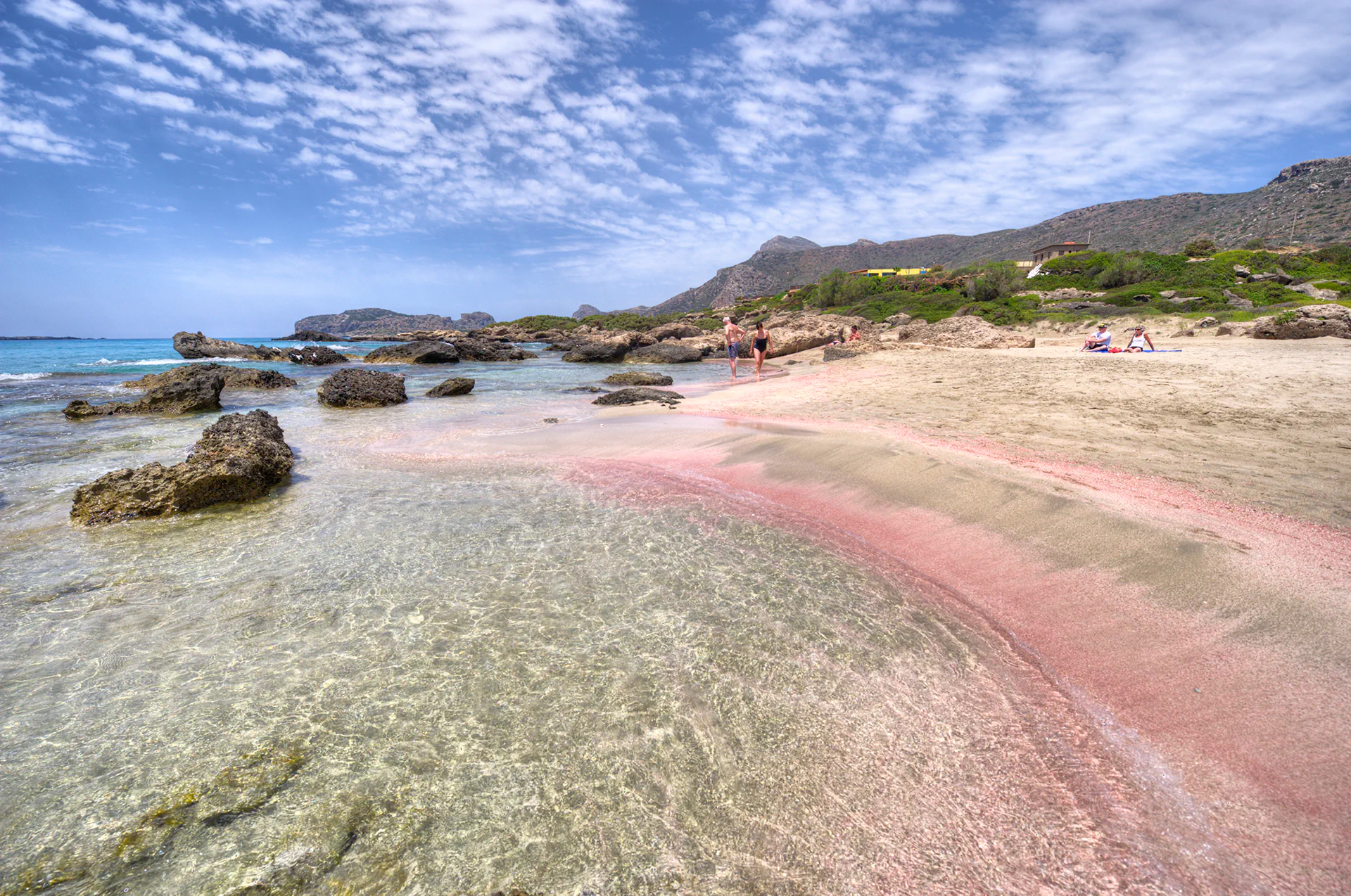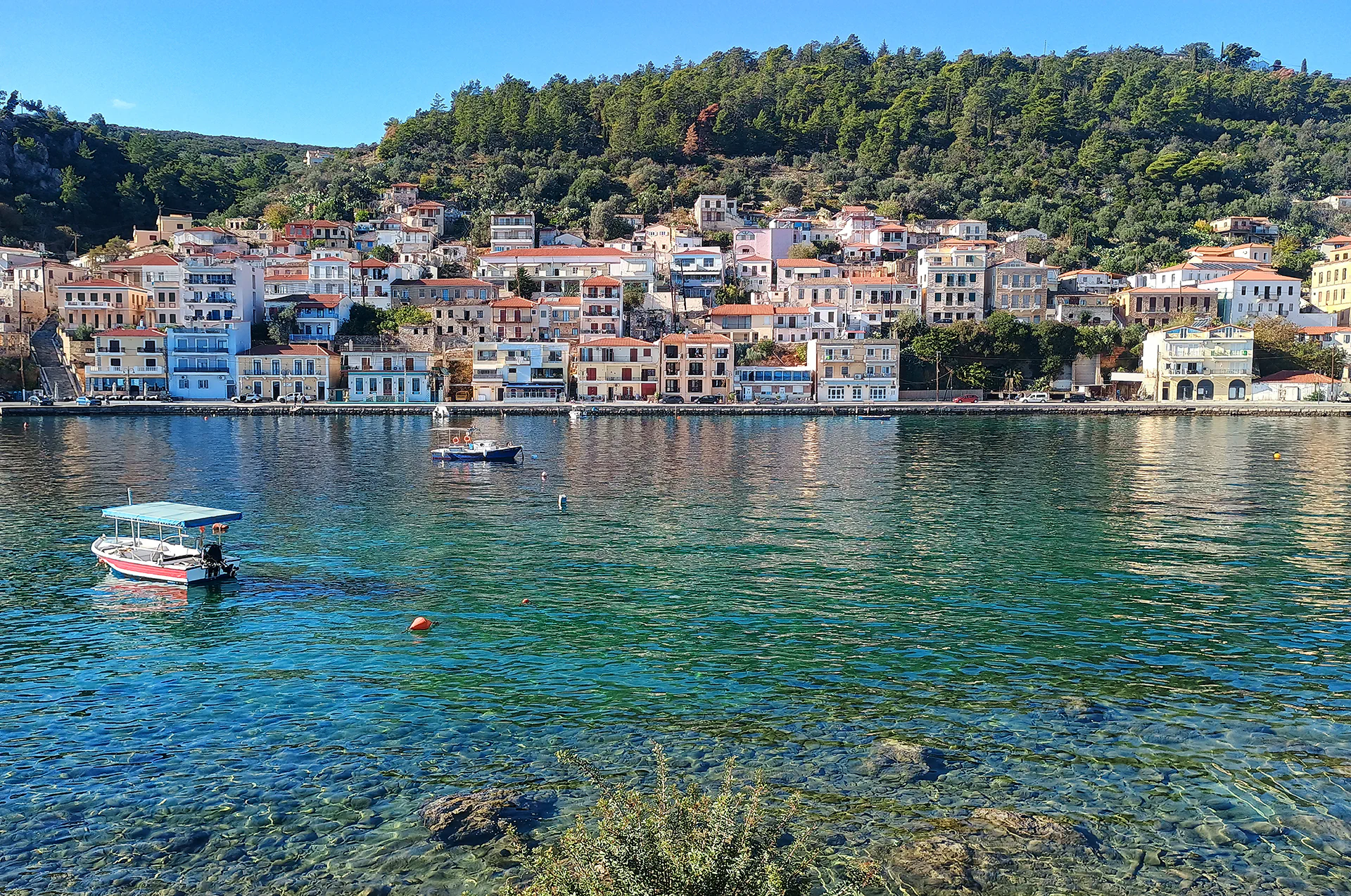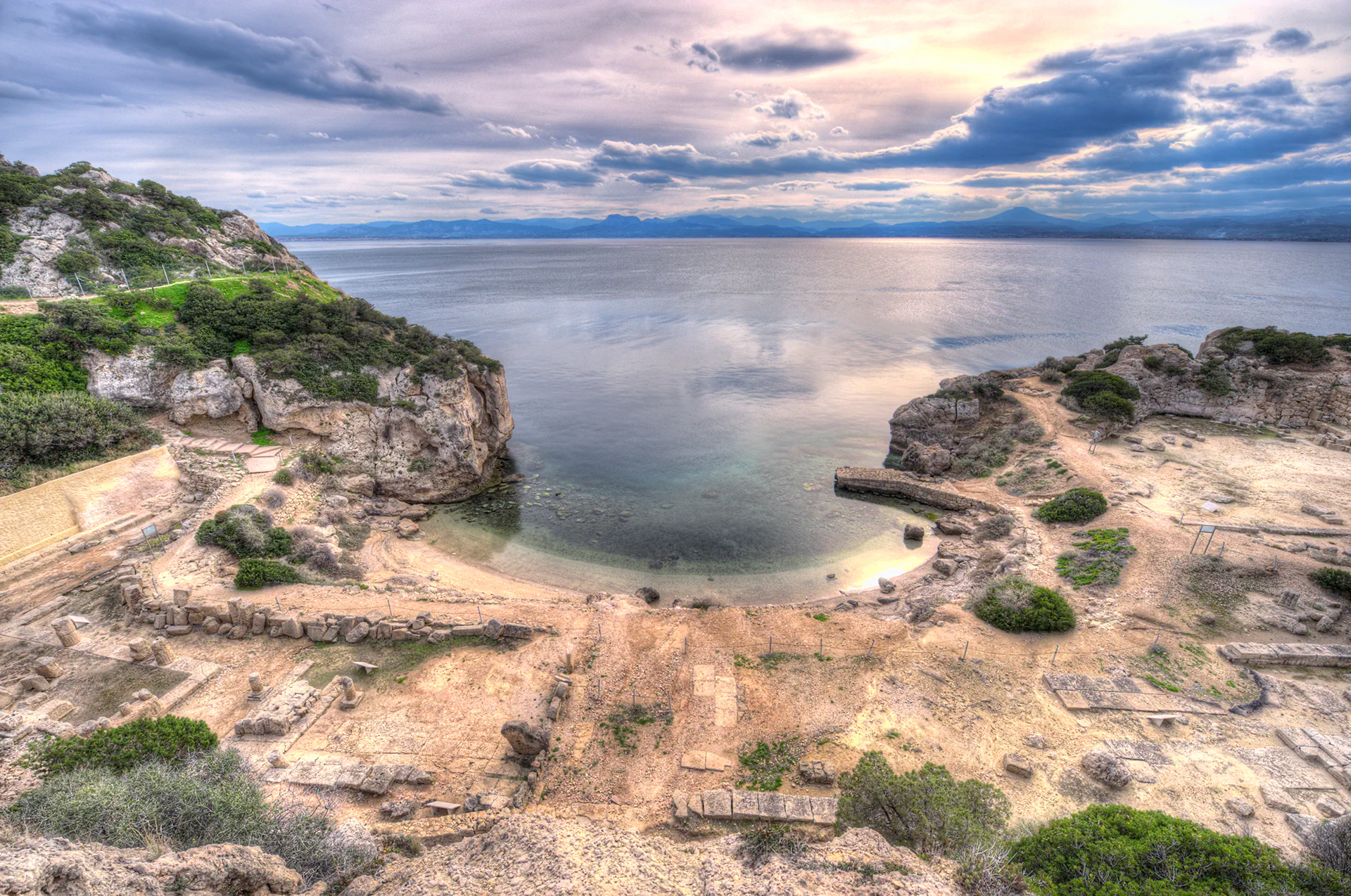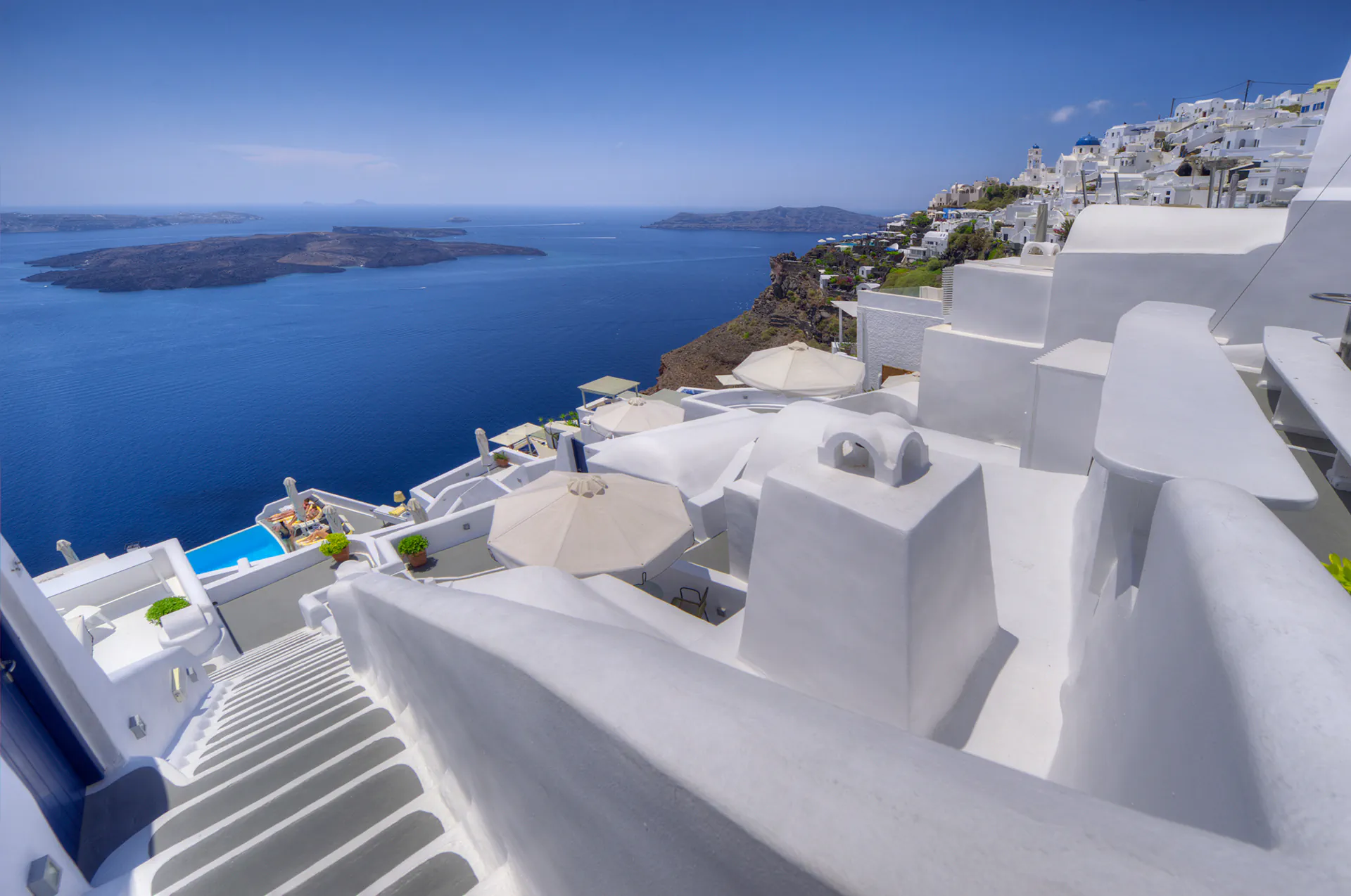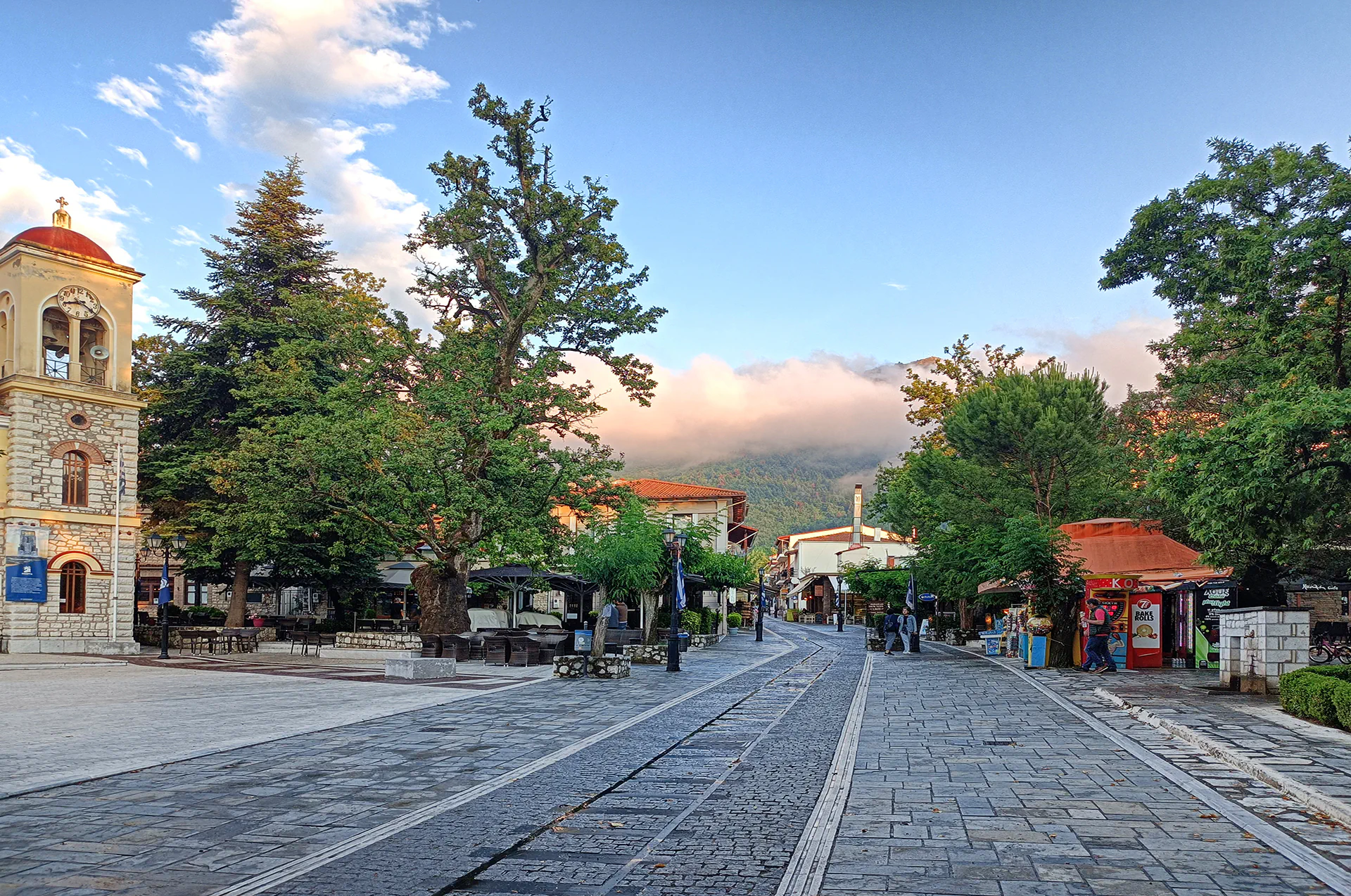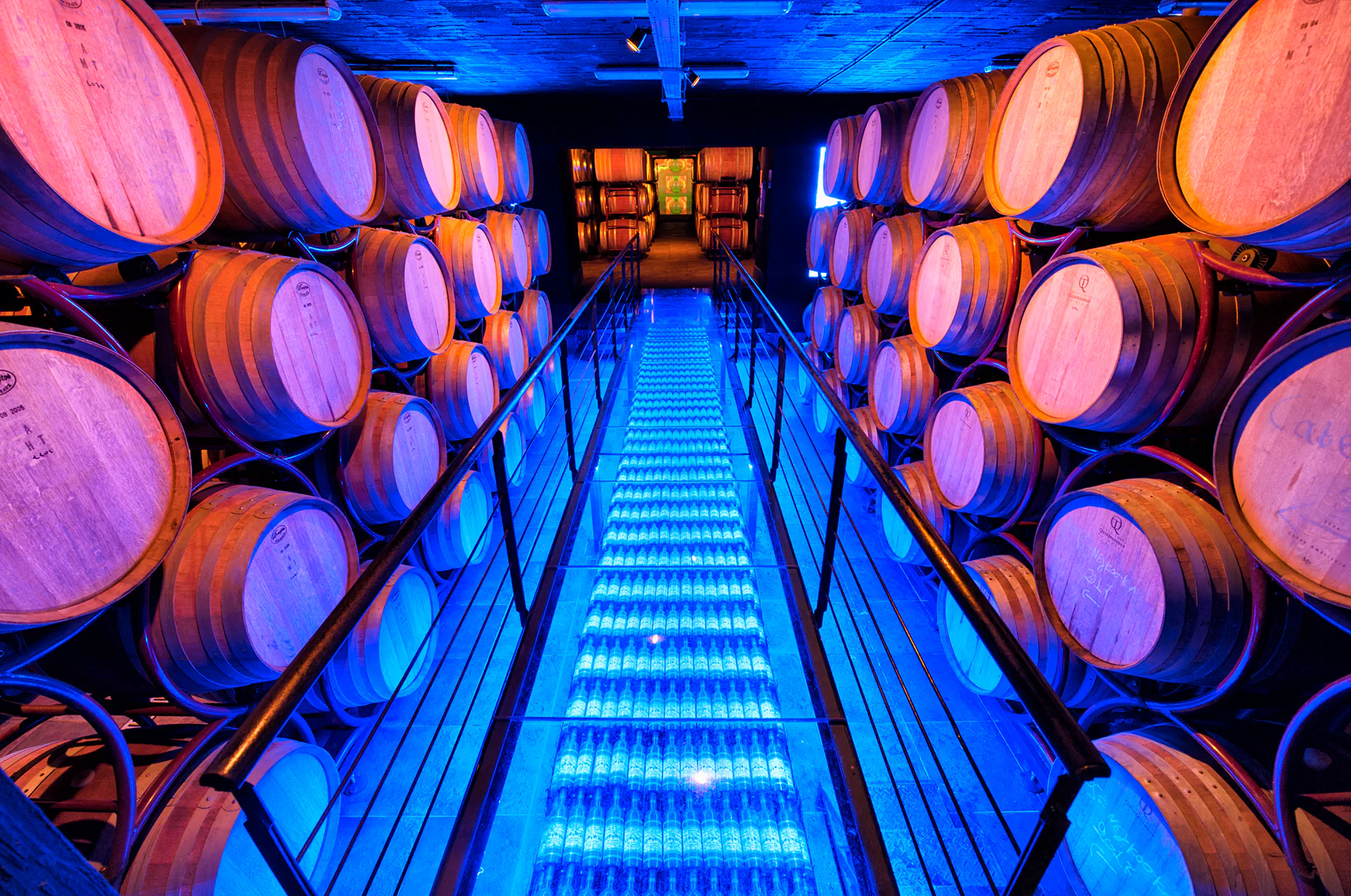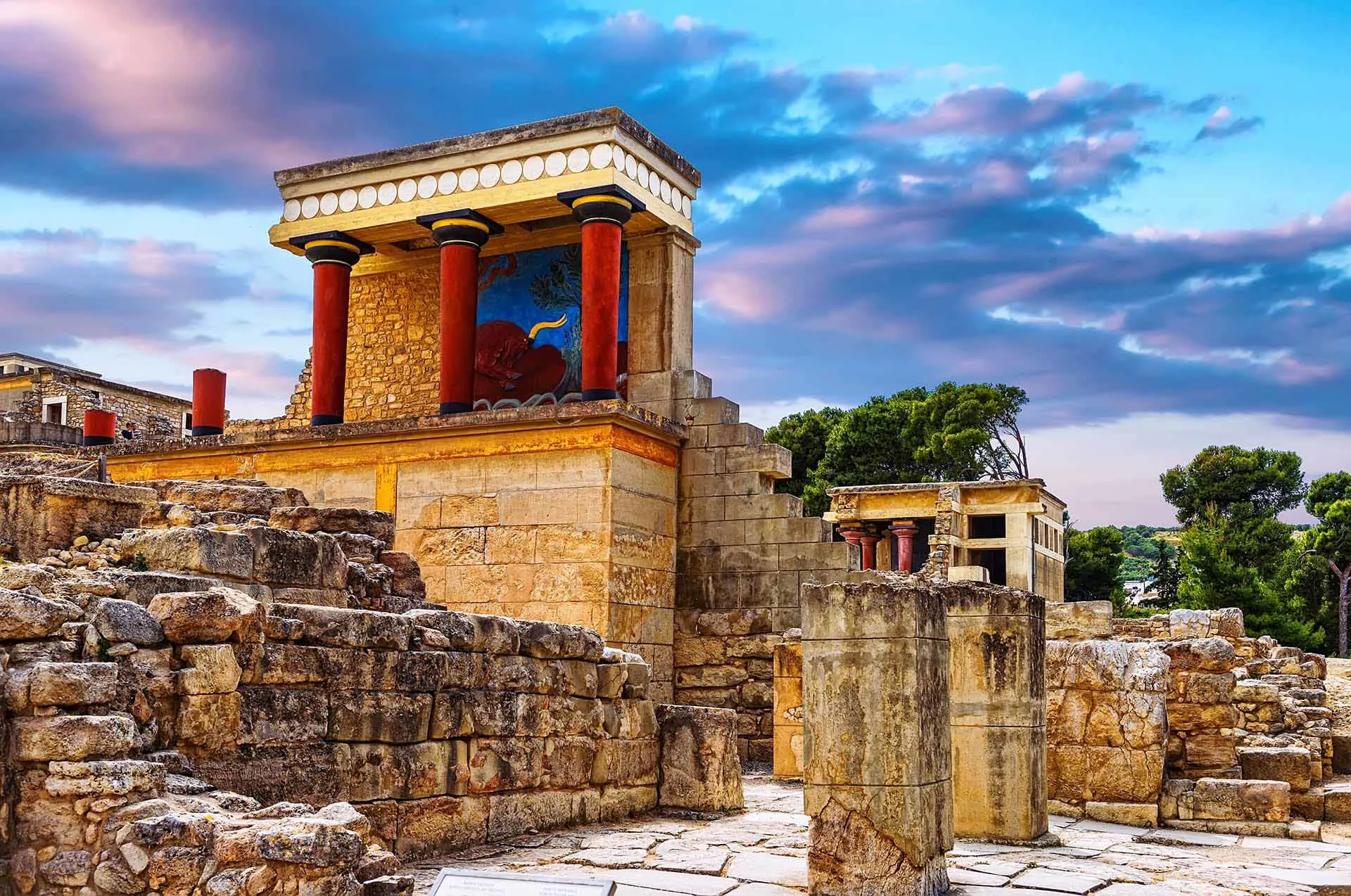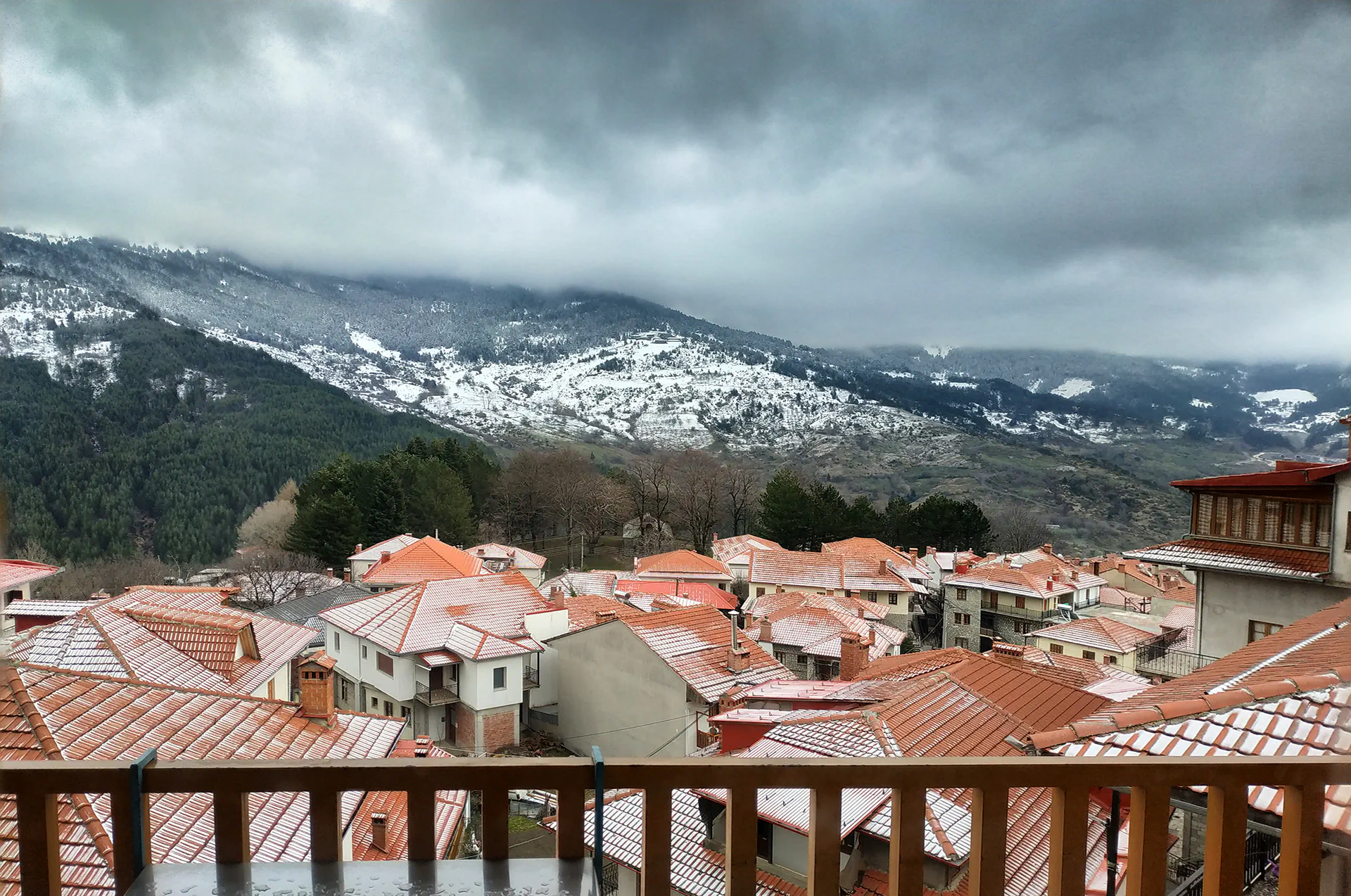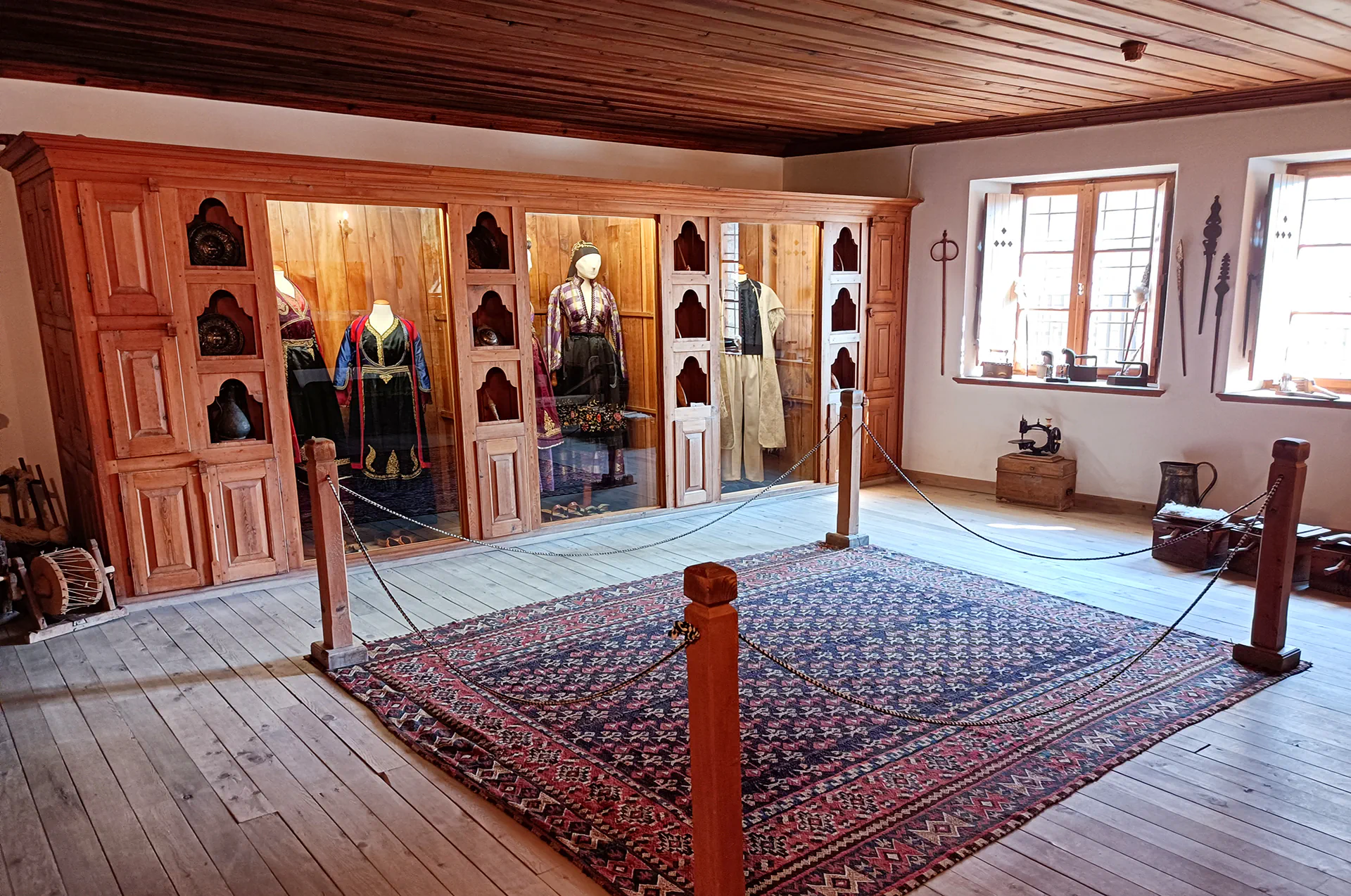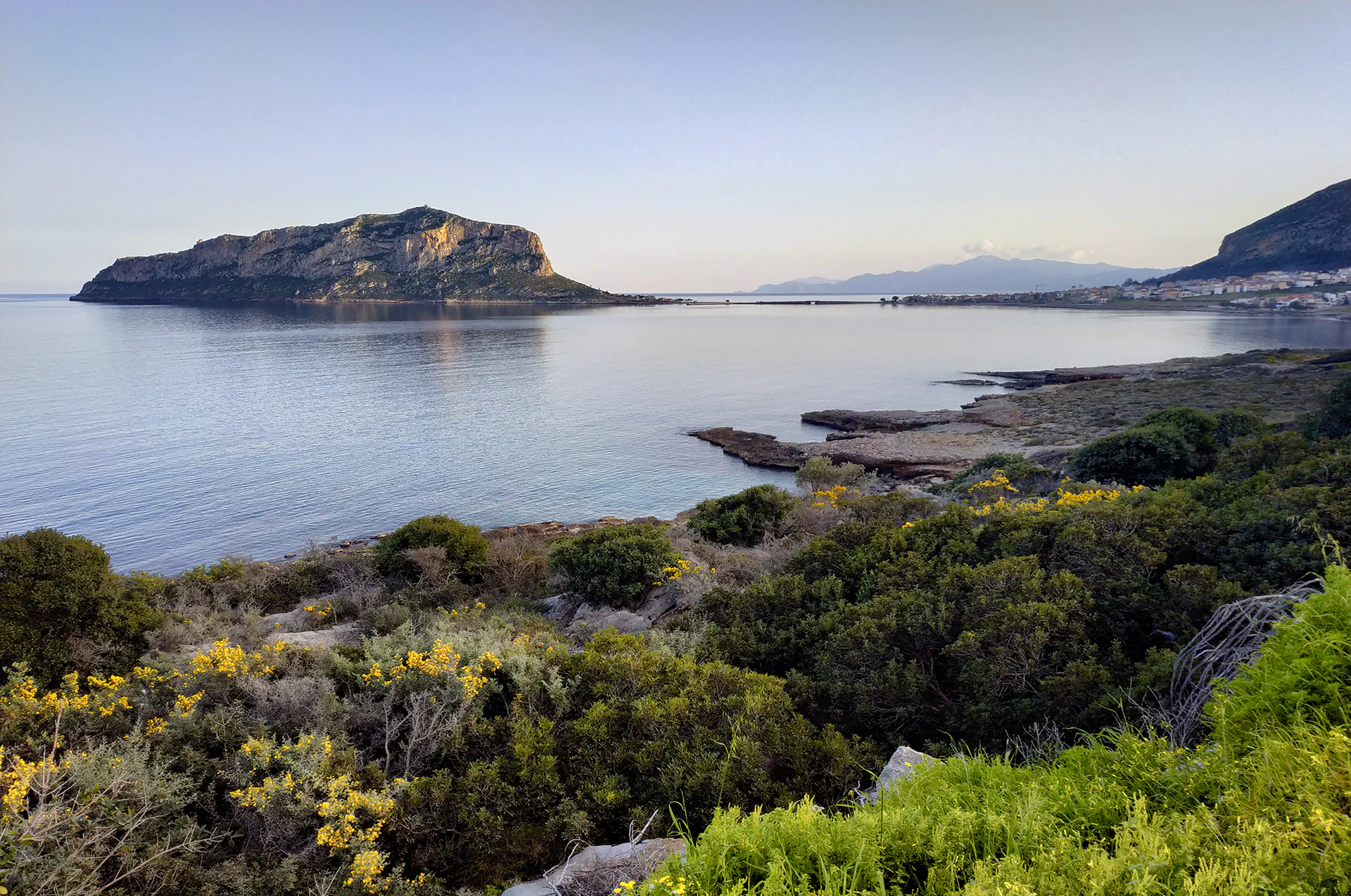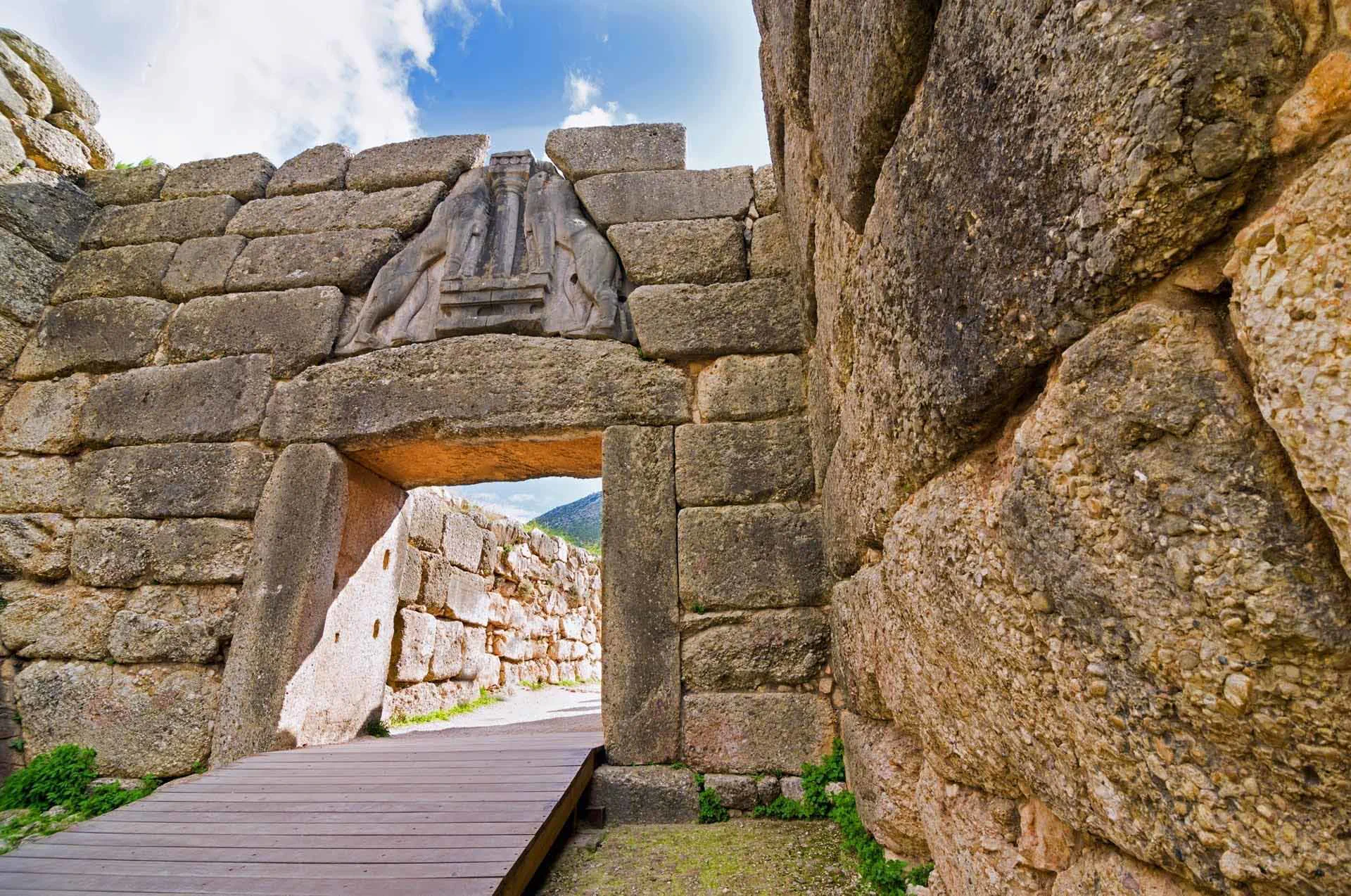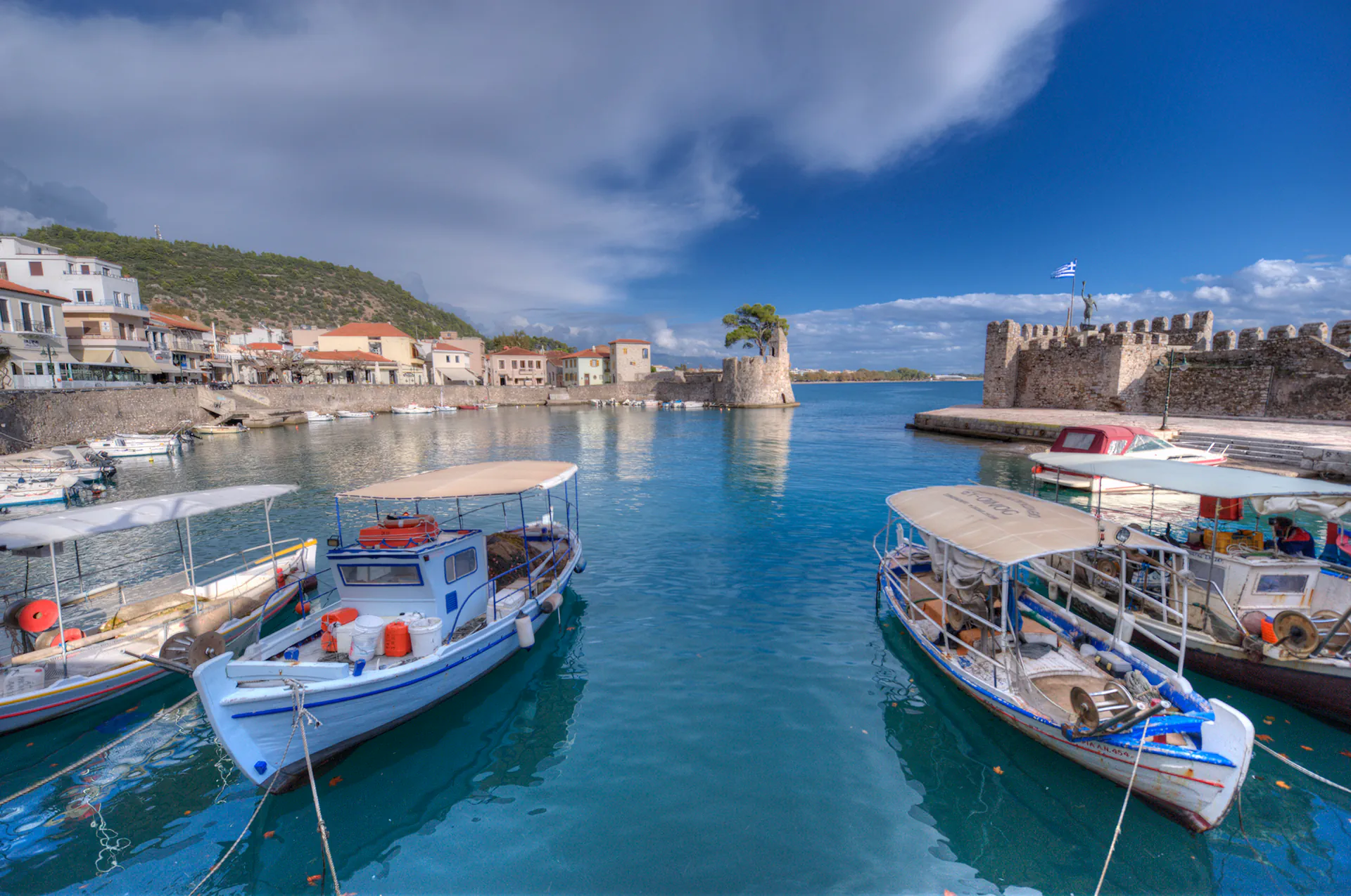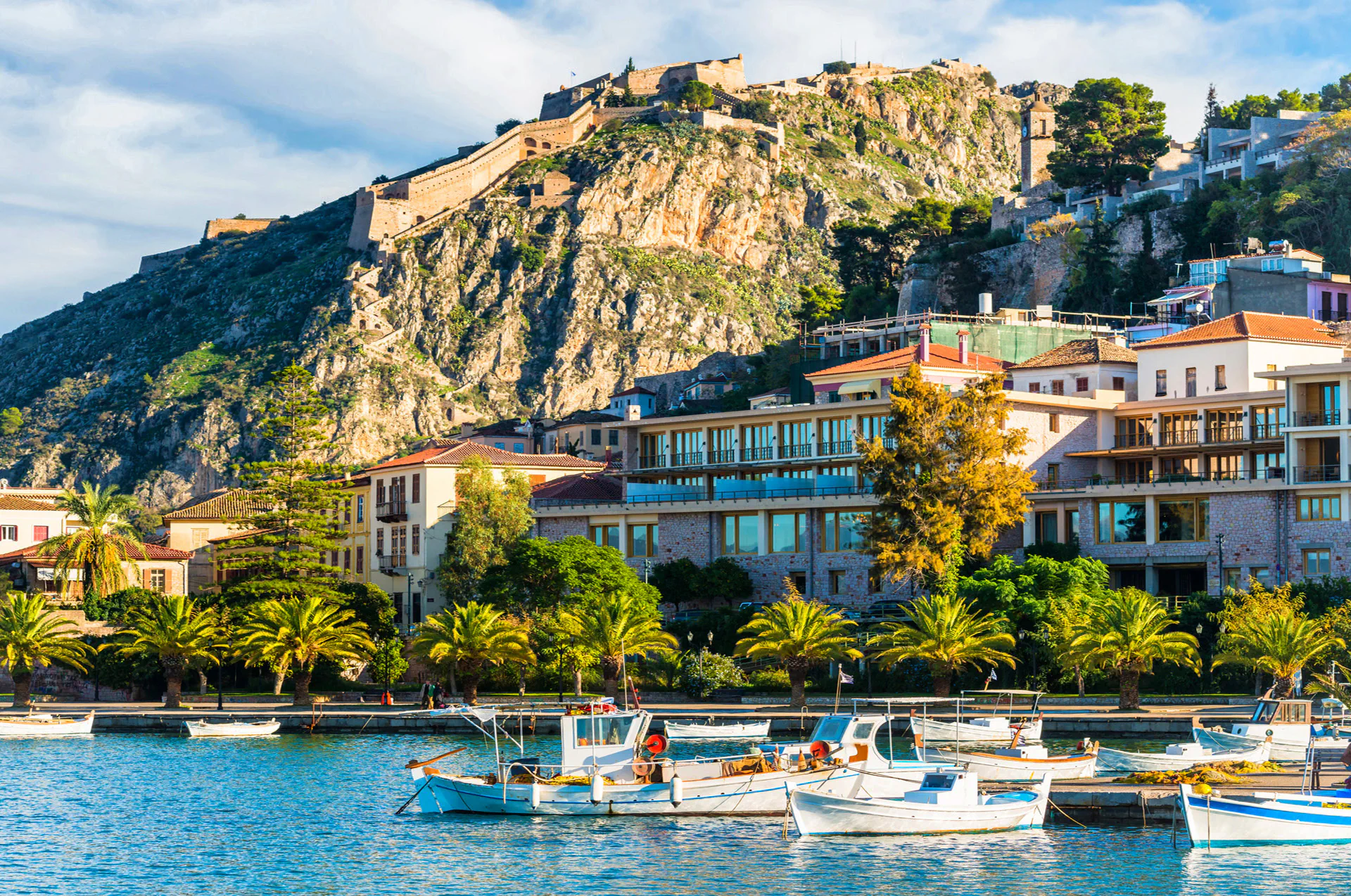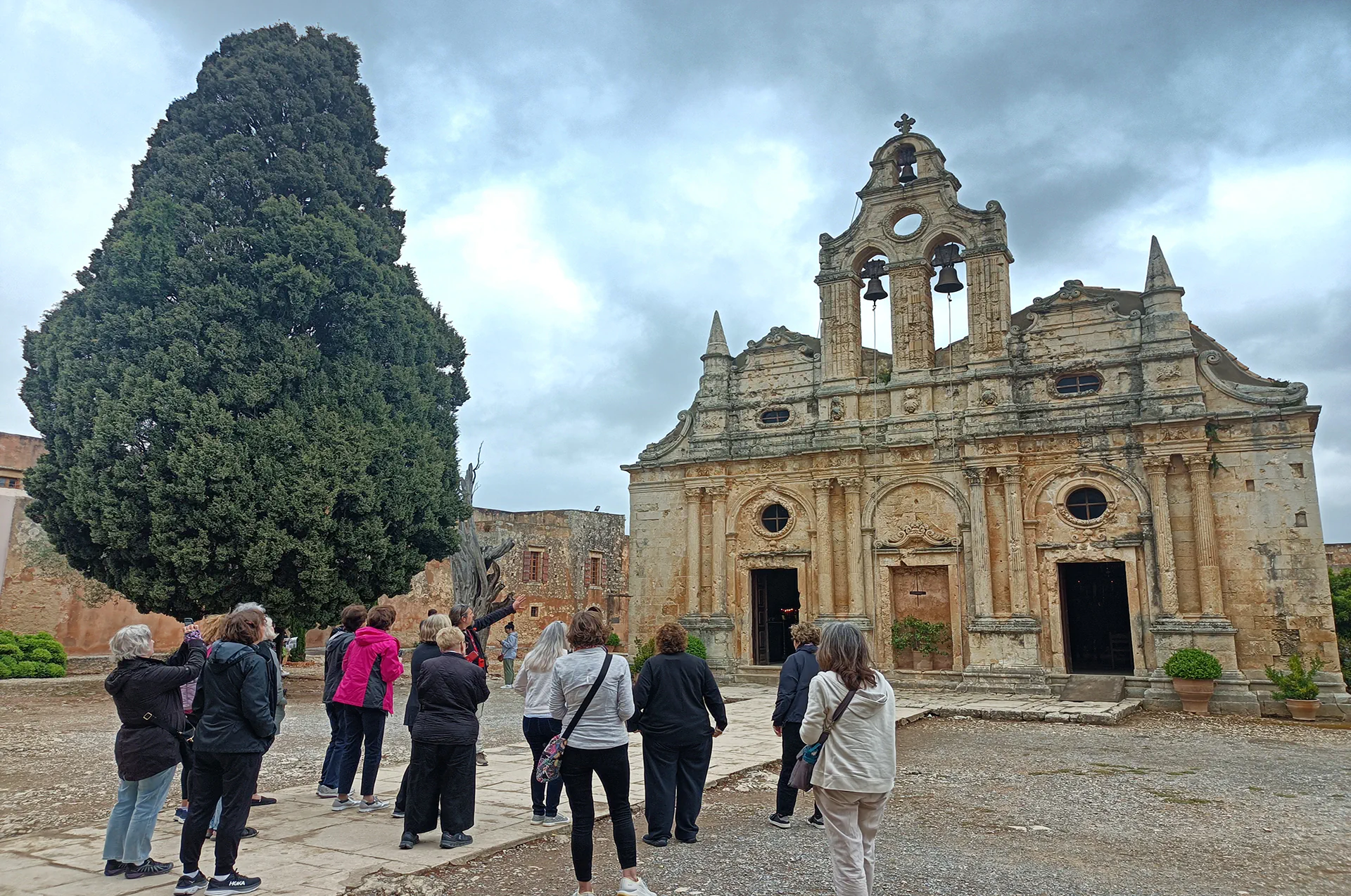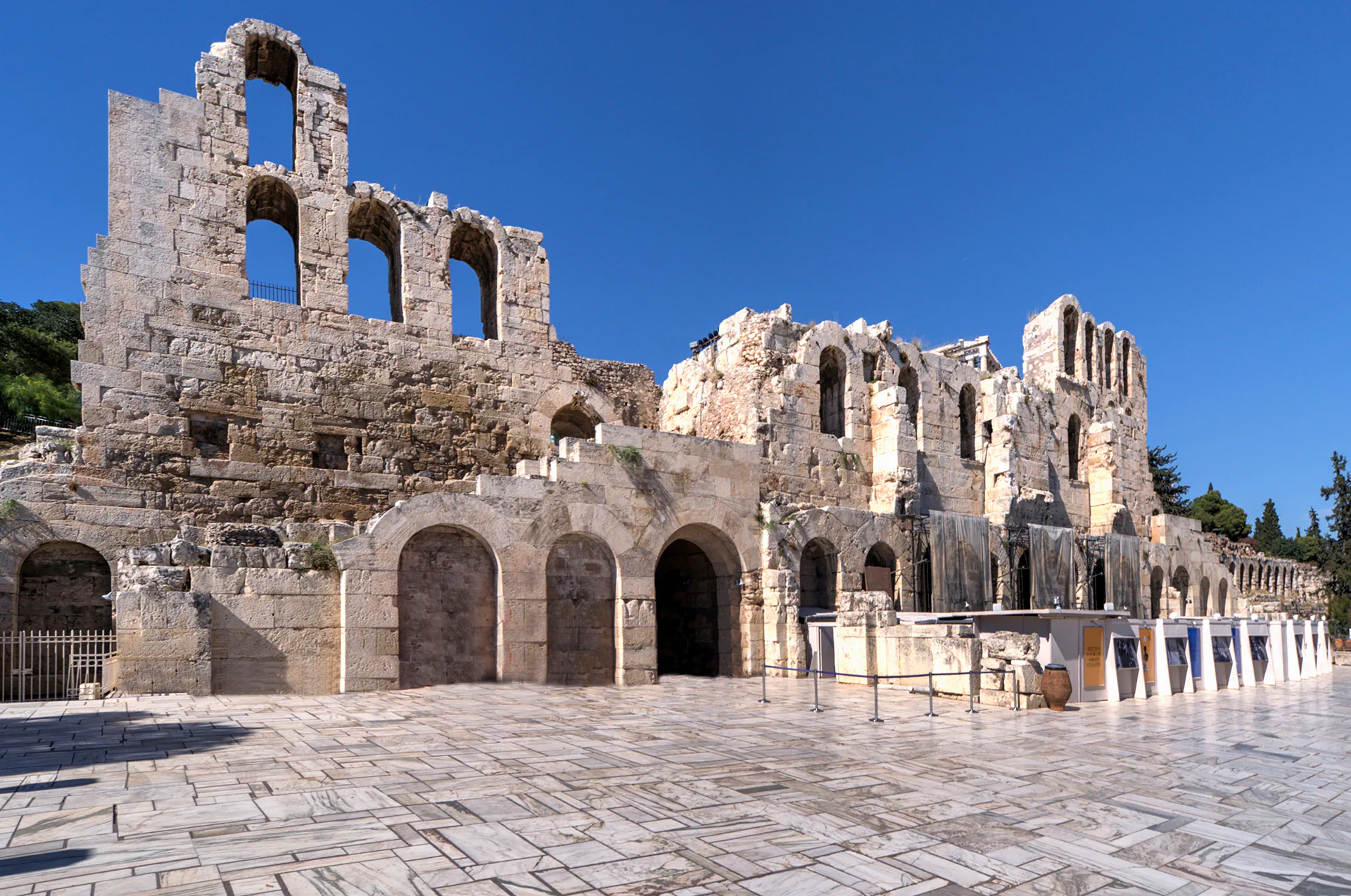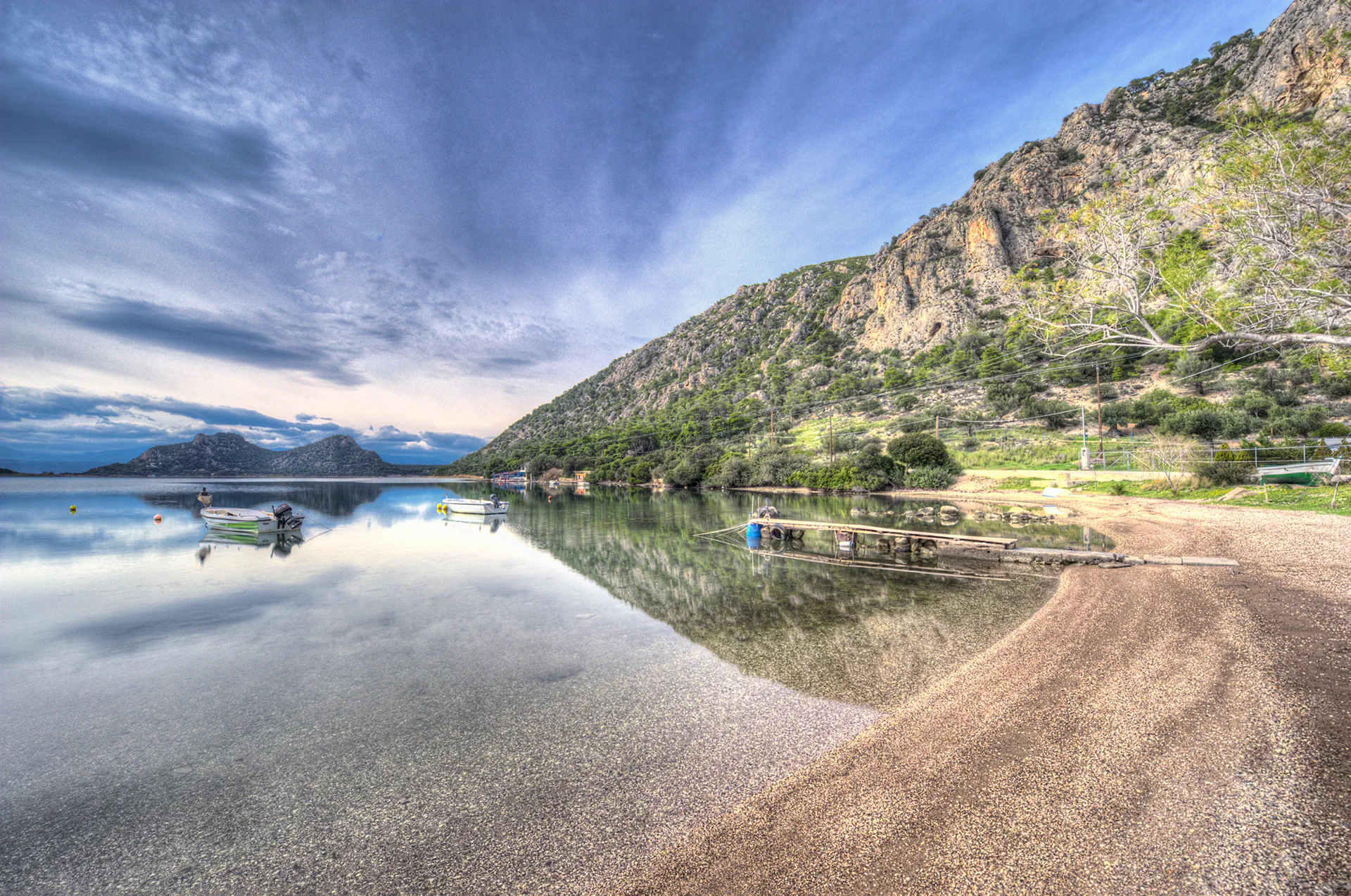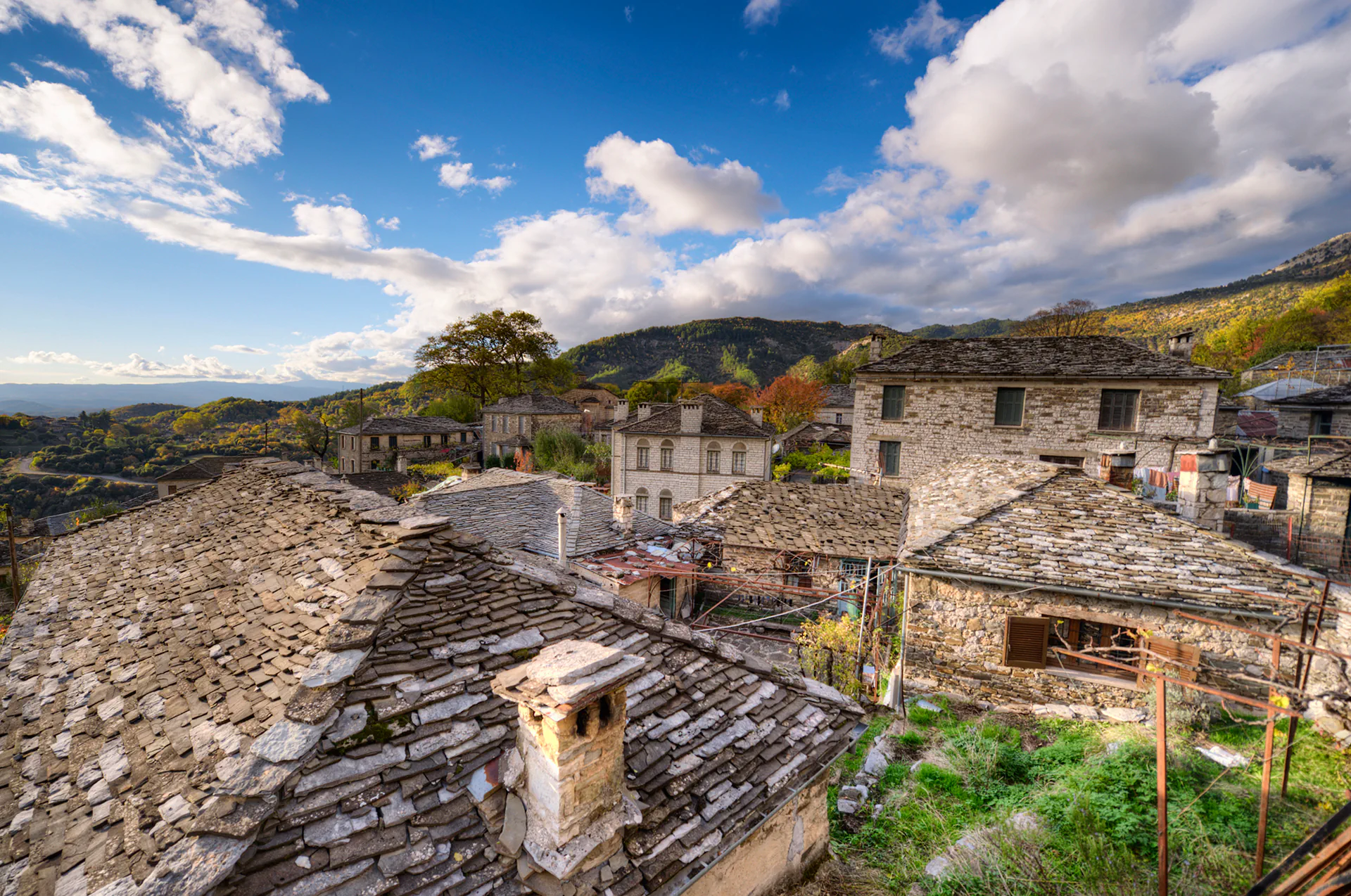Ancient Olympia: Explore the Birthplace of the Olympic Games, the Sacred Temple of Zeus, and the Historic Ruins That Shaped the Olympic Spirit
Ancient Olympia is more than an archaeological site — it’s the birthplace of the Olympic Games, a cornerstone of classical civilization, and a sacred site that shaped Western ideals of athleticism, honor, and unity. Nestled in the serene landscape of the western Peloponnese, Olympia invites visitors to walk in the footsteps of ancient athletes, philosophers, and priests. Here, religion and sport merged in one of the most influential sanctuaries of the ancient world. Today, Olympia continues to inspire. The modern Olympic flame is still lit here before each Games, in a ceremony that echoes ancient tradition. A visit offers not just a walk through history, but a deeper understanding of the values that shaped Western civilization.
A Sacred Site Dedicated to Zeus
Olympia was once the heart of religious devotion to Zeus, the king of the Olympian gods. At its center stood the magnificent Temple of Zeus, which housed a statue of Zeus created by the renowned sculptor Phidias. Crafted from gold and ivory, this statue was considered one of the Seven Wonders of the Ancient World. Pilgrims from across Greece flocked to Olympia not only to worship and make offerings but also to celebrate their gods and compete in the athletic events that gave birth to the Olympic Games.
The Original Olympic Games
The first recorded Olympic Games took place in 776 BCE, marking the beginning of a tradition that would last for over a millennium. These games, unlike modern competitions, were not merely athletic events but sacred rituals held every four years to honor Zeus. The games also served as a symbol of unity—during this time, even wars were paused, allowing people from all parts of Greece to come together in the spirit of shared culture and peaceful competition.
Athletes competed in events like:
Stadion (a short foot race)
Pankration (a brutal mix of wrestling and boxing)
Chariot racing
Discus and javelin throws
Winners received olive wreaths, eternal fame, and often, statues in their honor.
Highlights of Ancient Olympia
Temple of Zeus:
Once housing the colossal Statue of Zeus, one of the Seven Wonders of the Ancient World, this temple was the spiritual heart of Olympia.
Ancient Stadium:
Walk the same track where athletes competed over 2,700 years ago, with seating for up to 45,000 spectators.
Philippeion:
A circular memorial built by Philip II of Macedon, showcasing the unity of Greek states.
Archaeological Museum of Olympia:
Home to significant artifacts, including the famed Hermes of Praxiteles and the Nike of Paionios.



